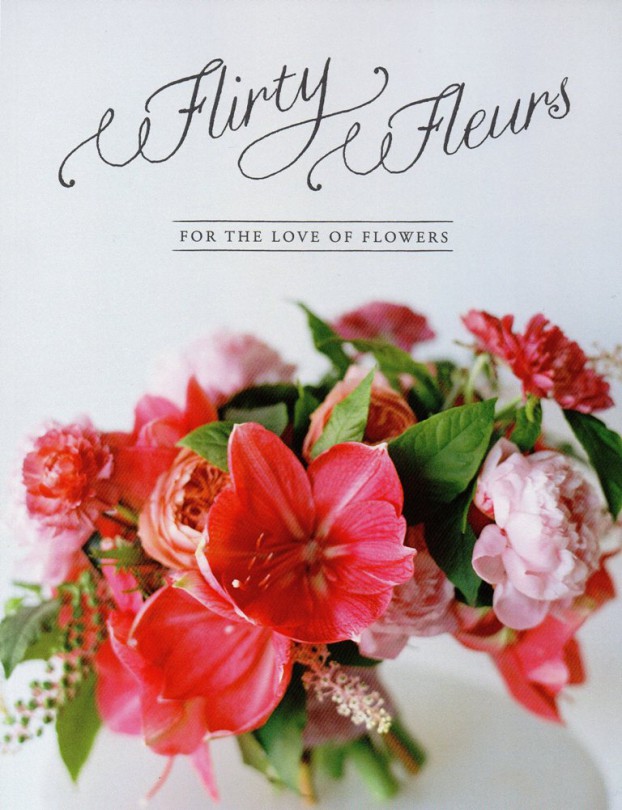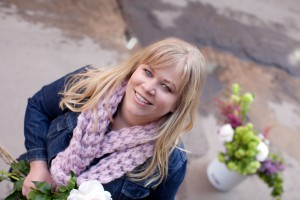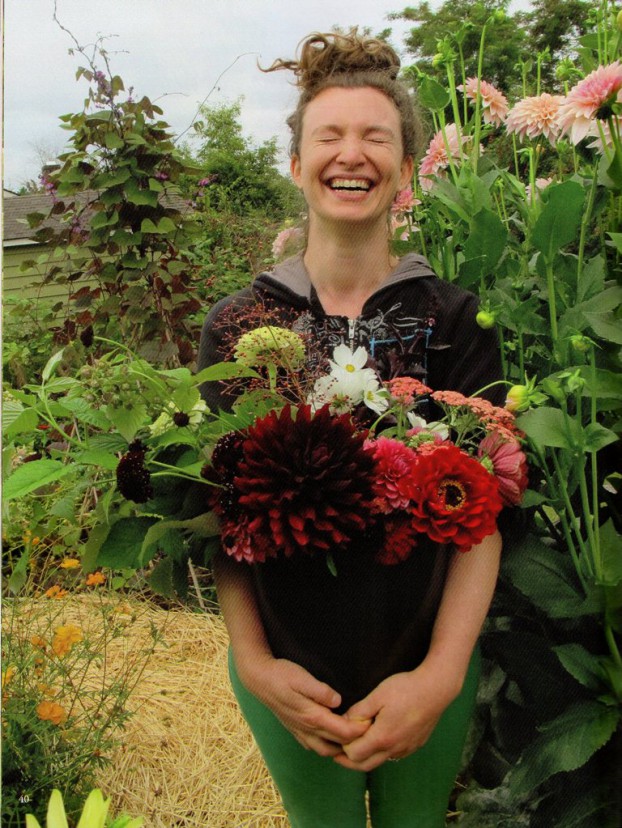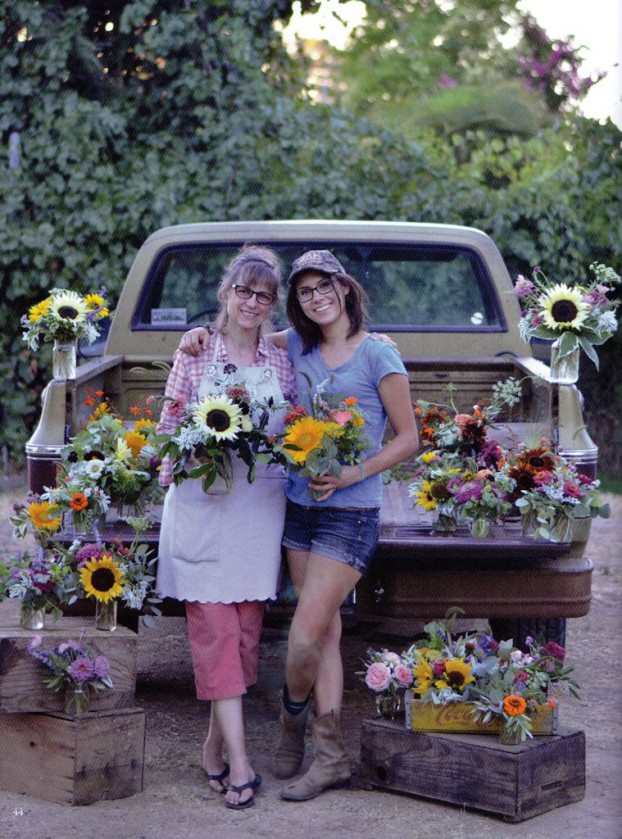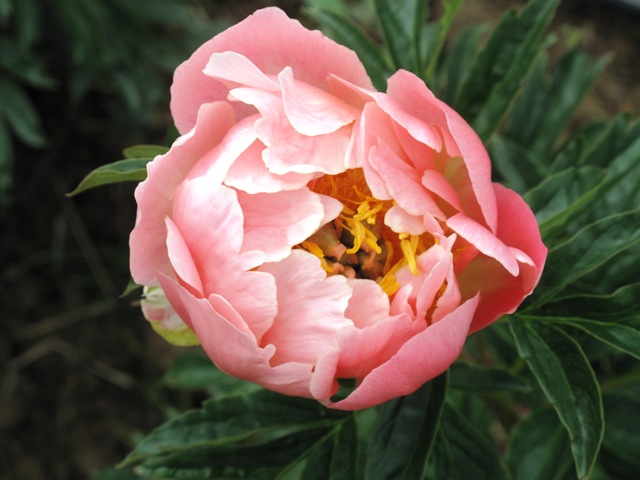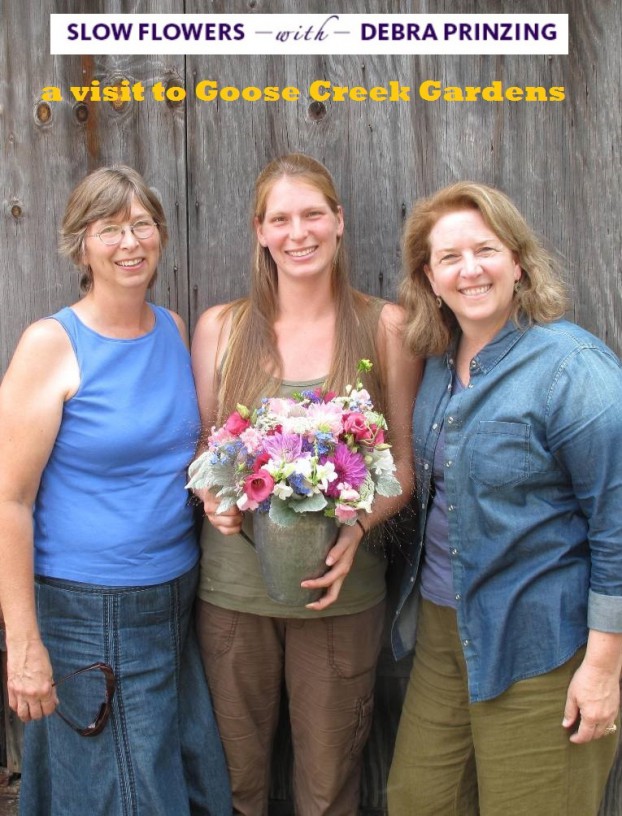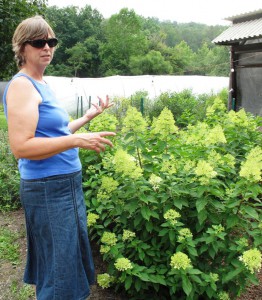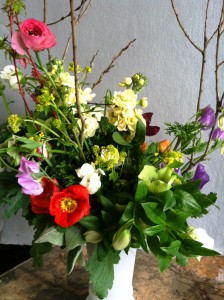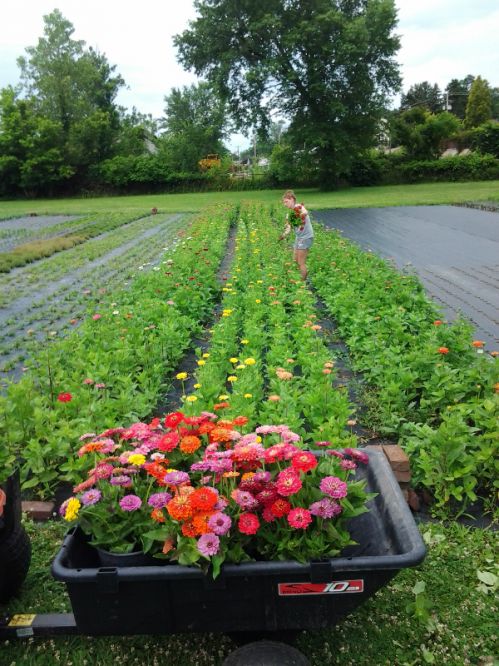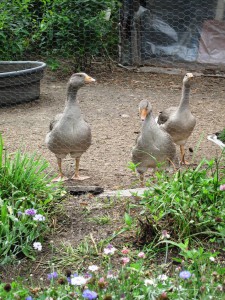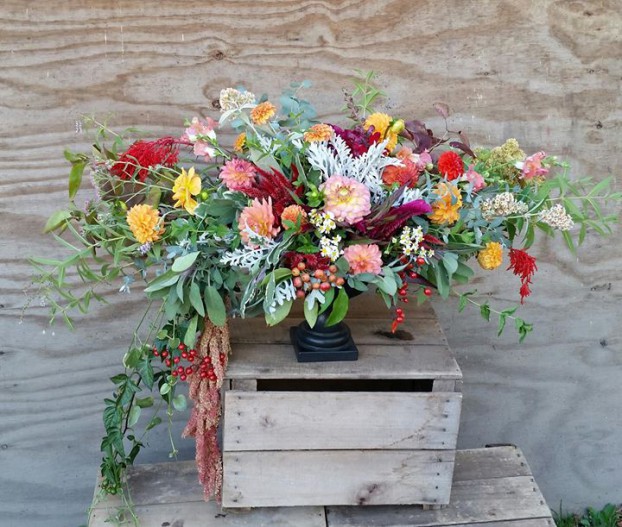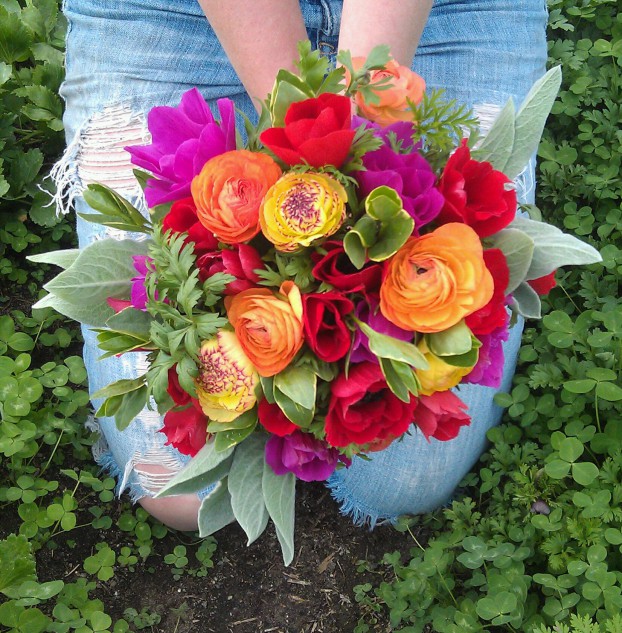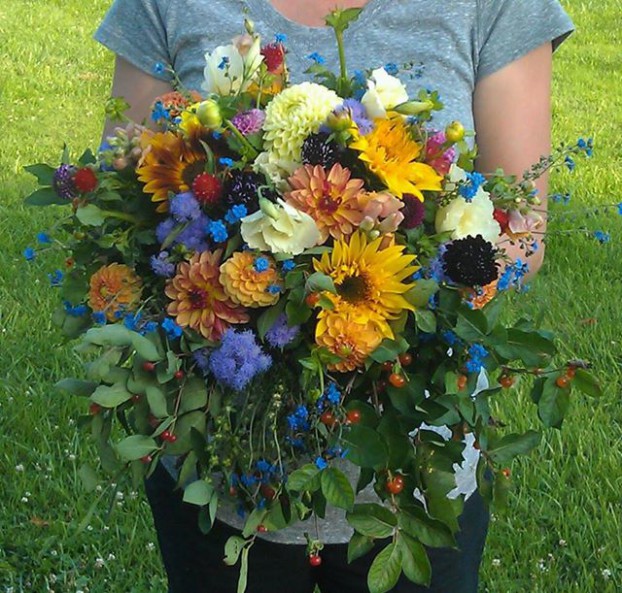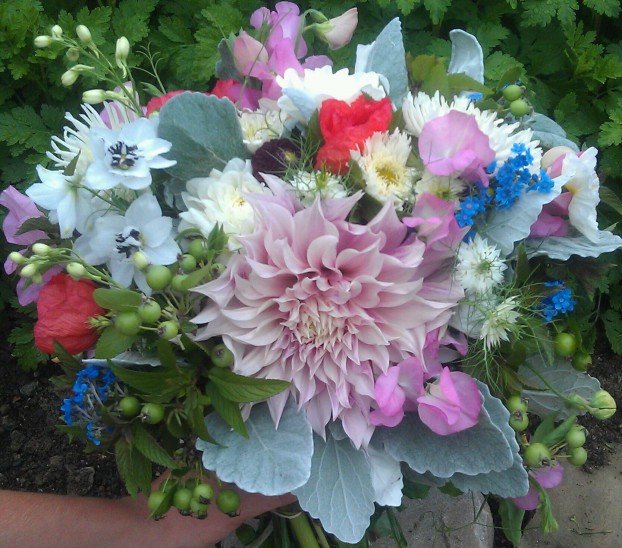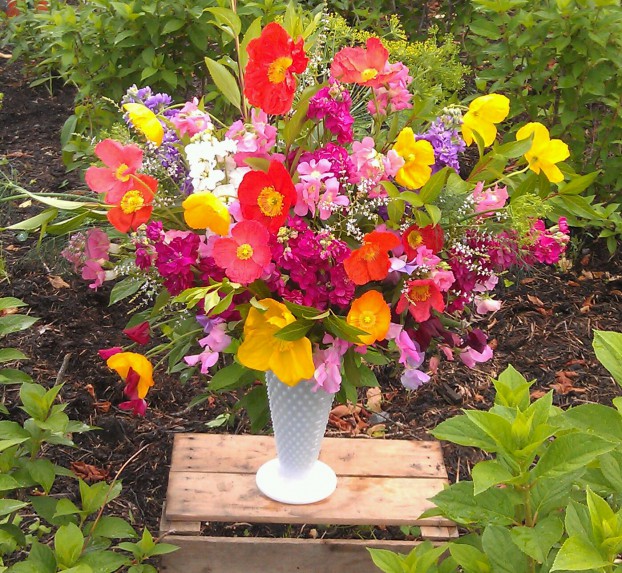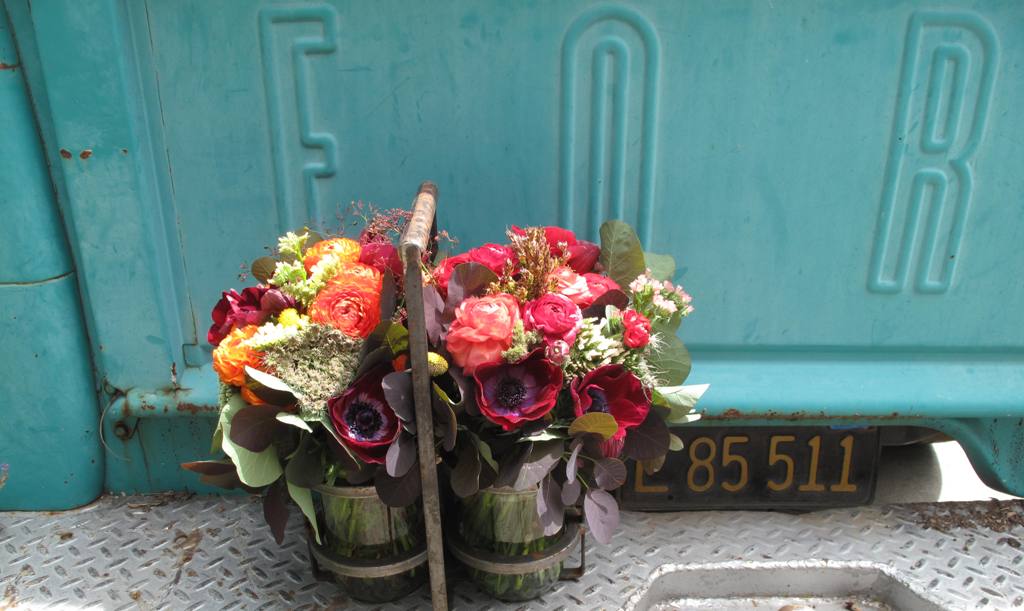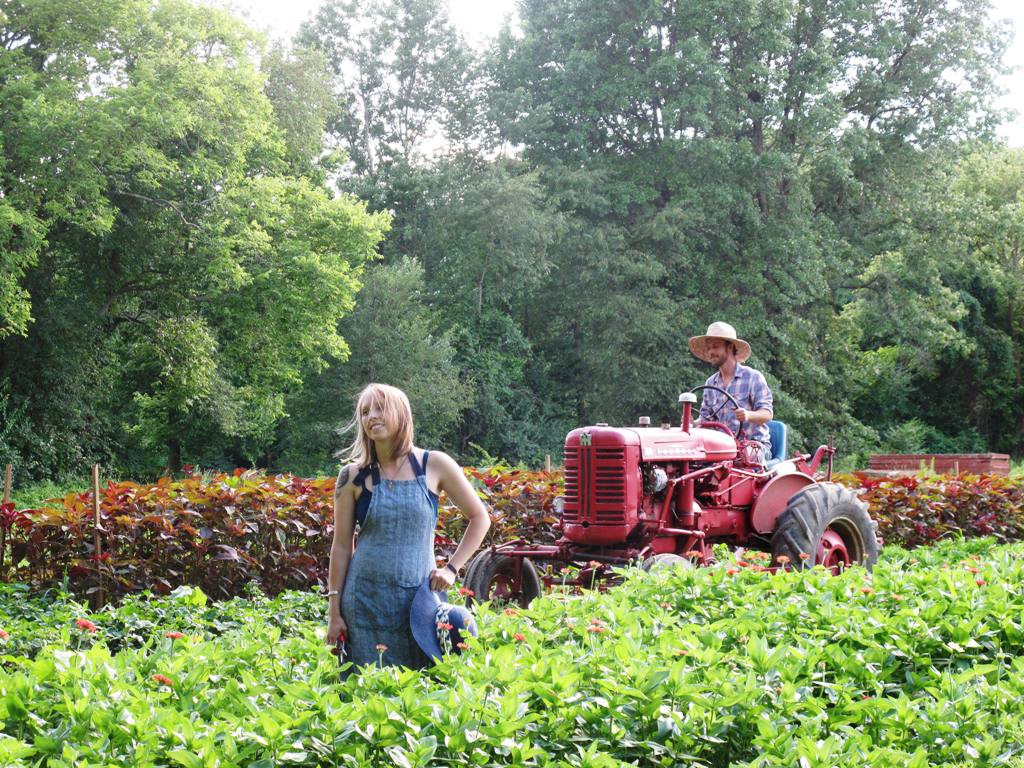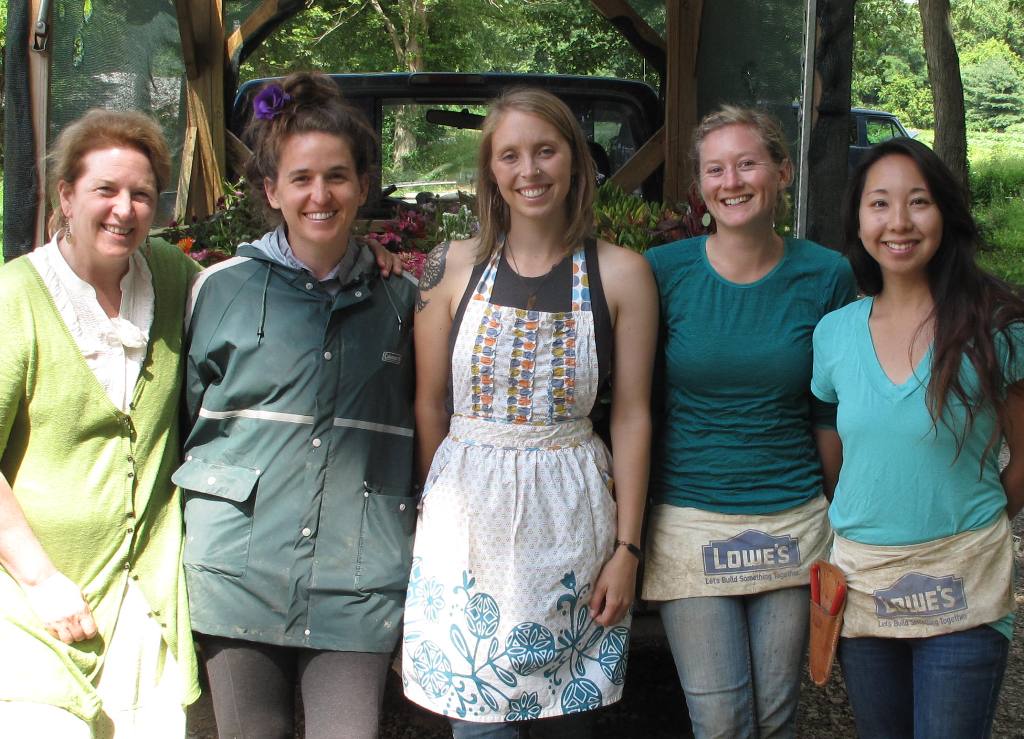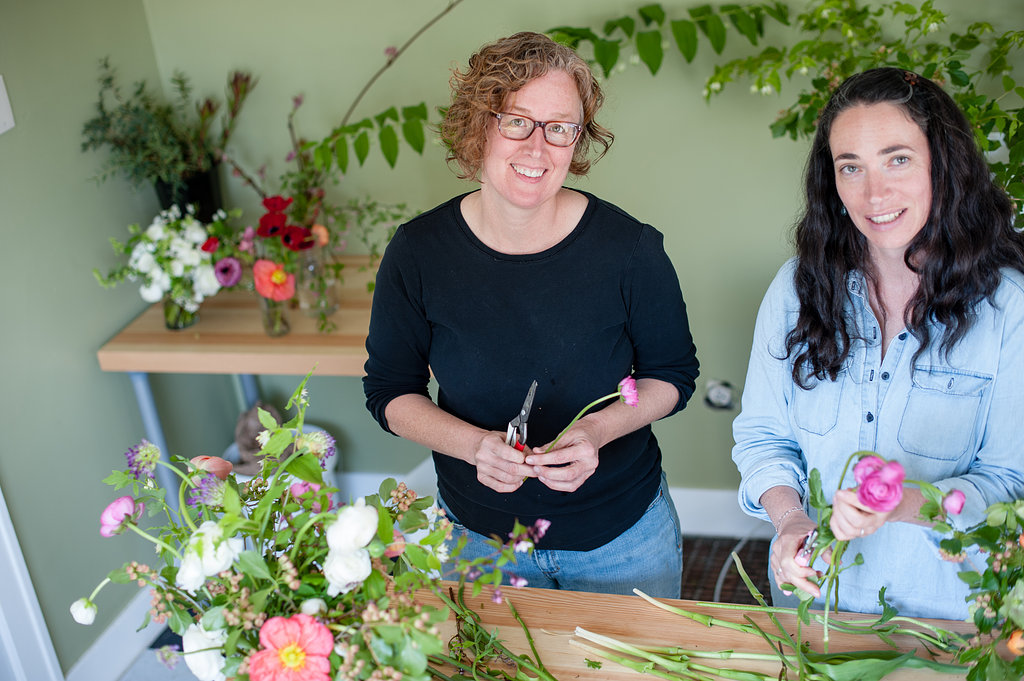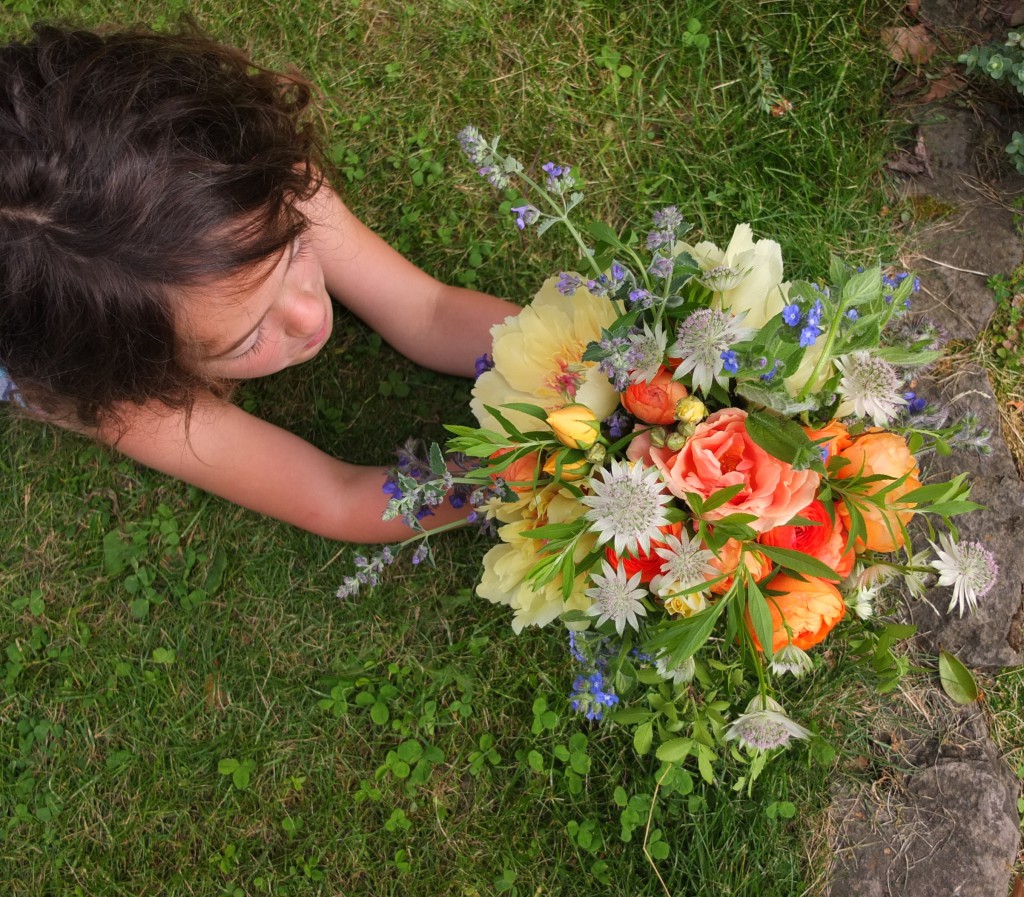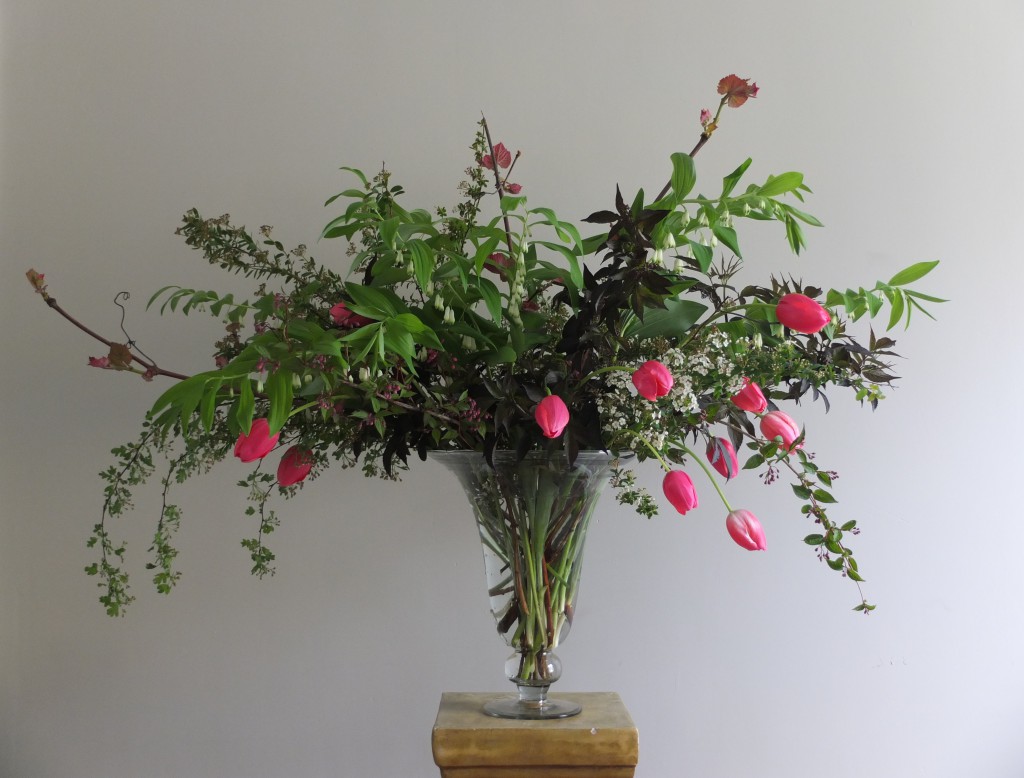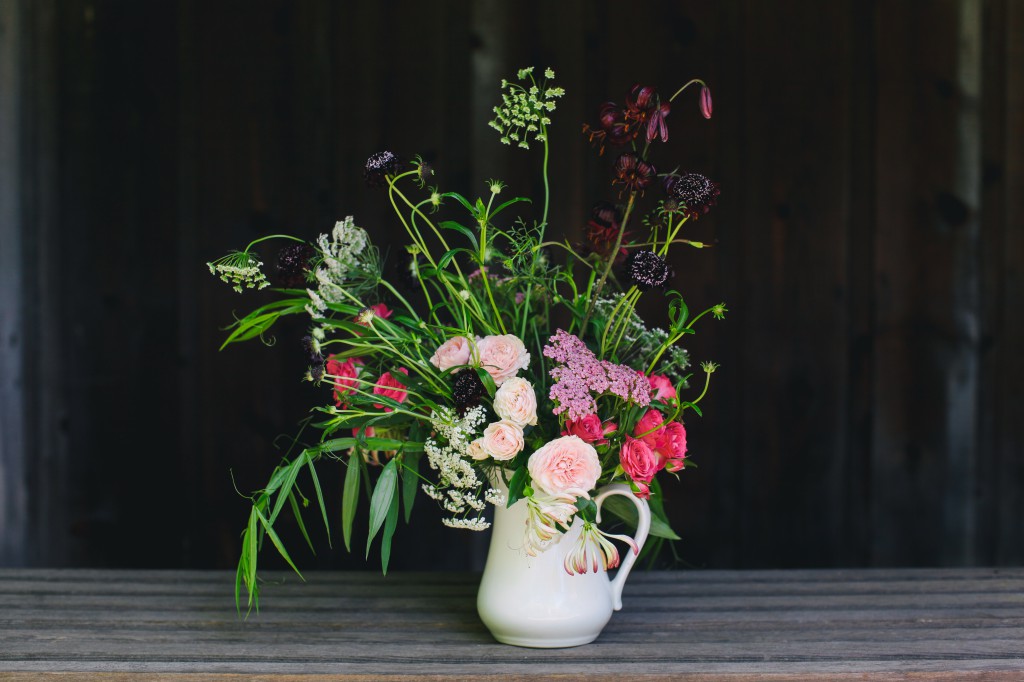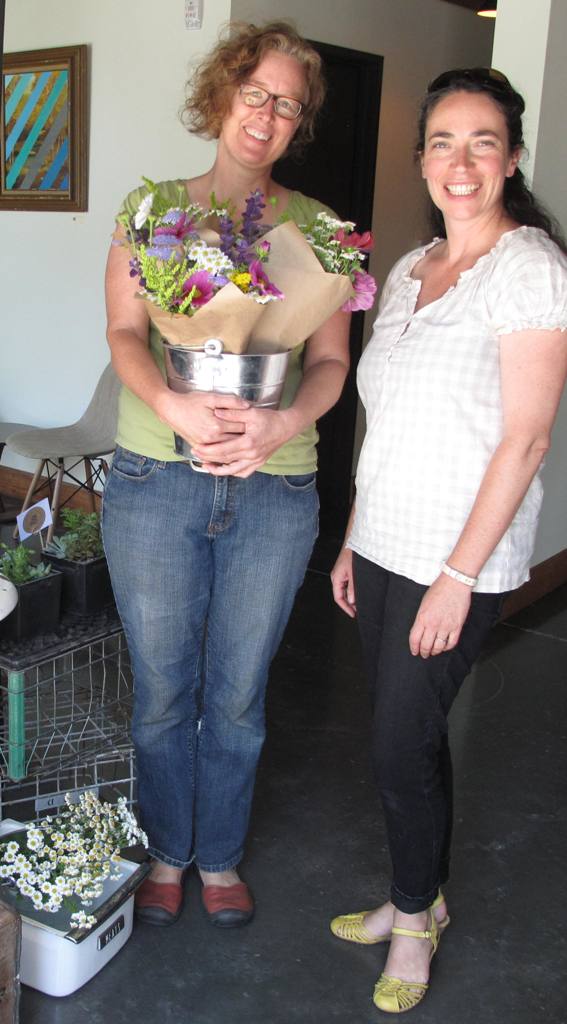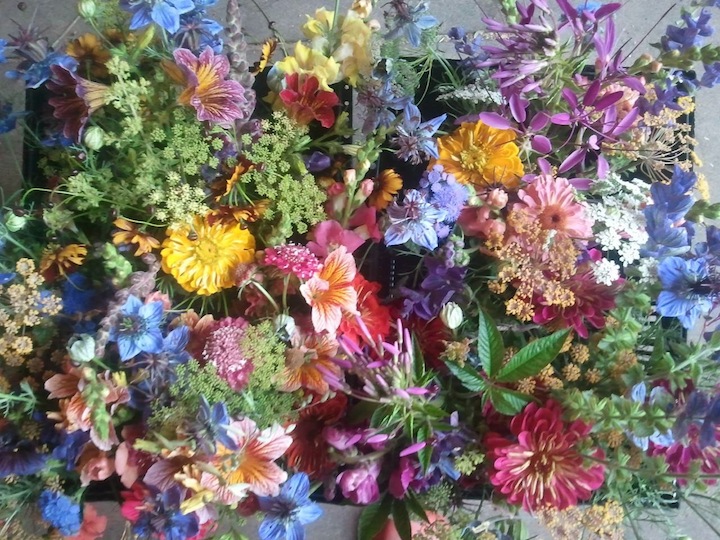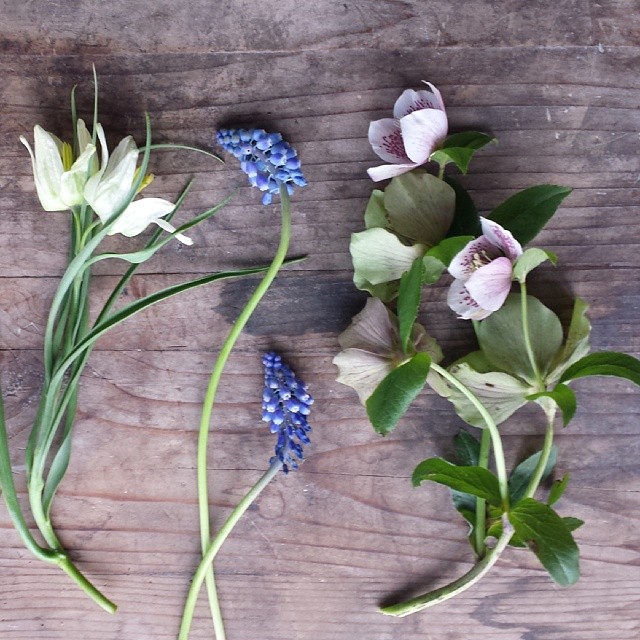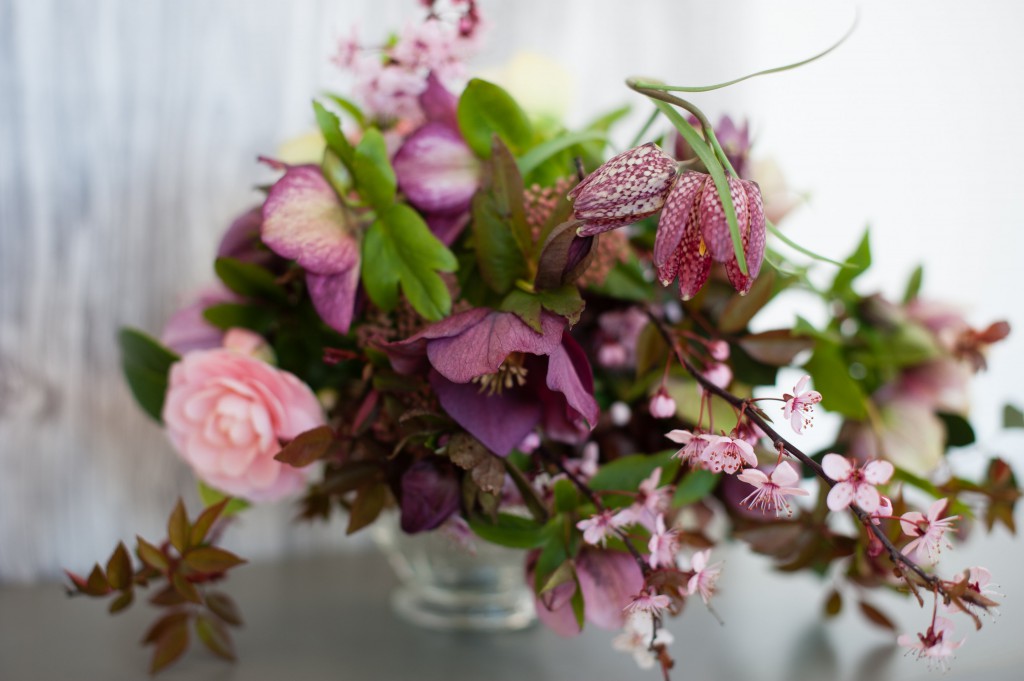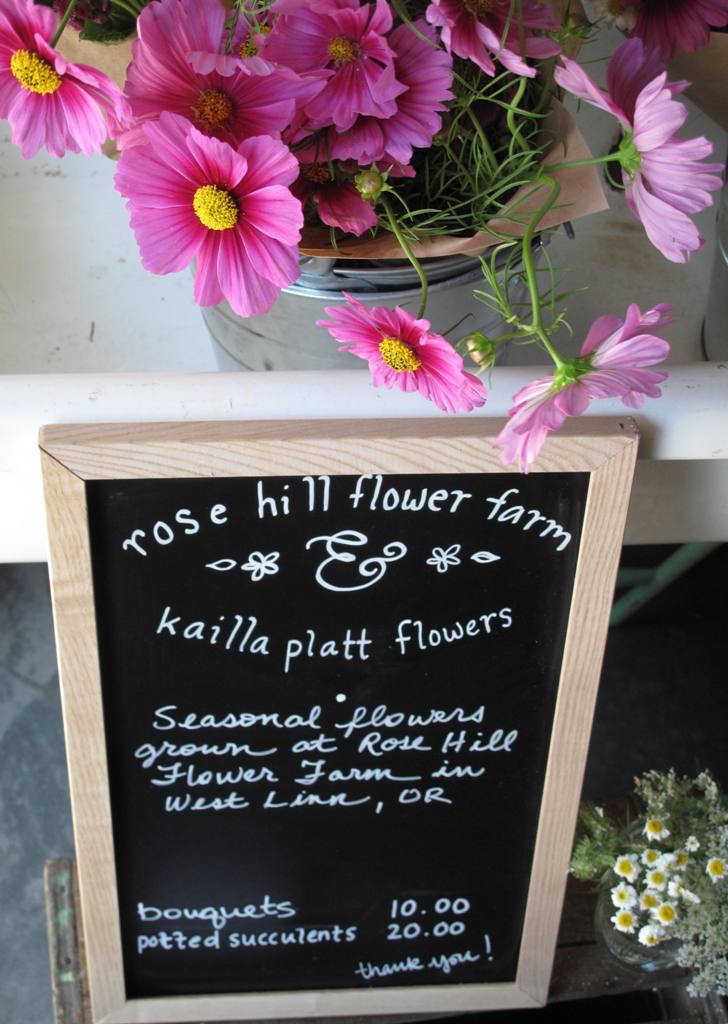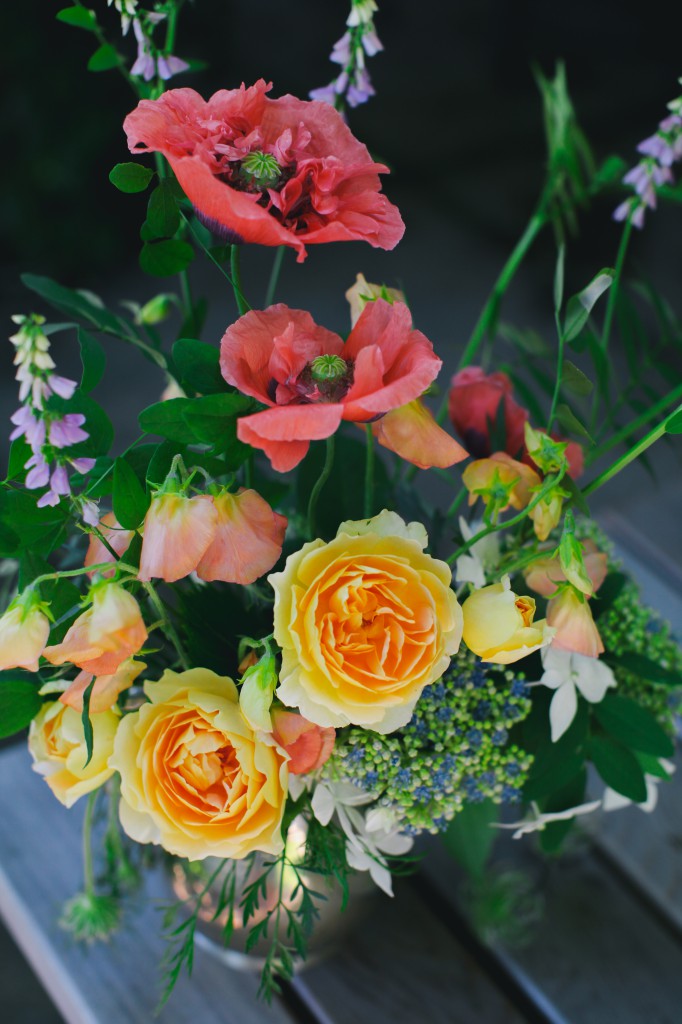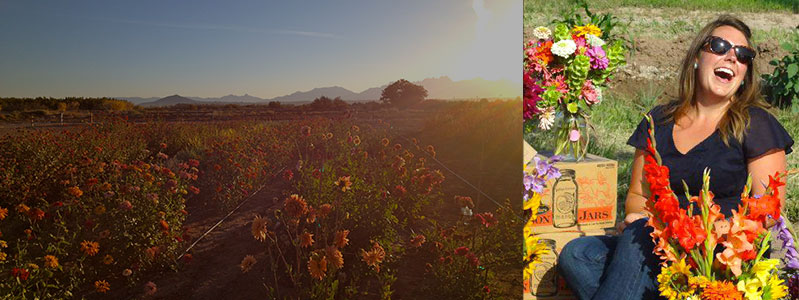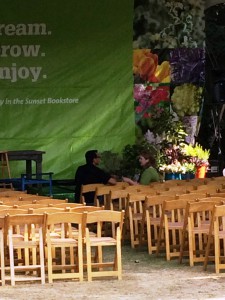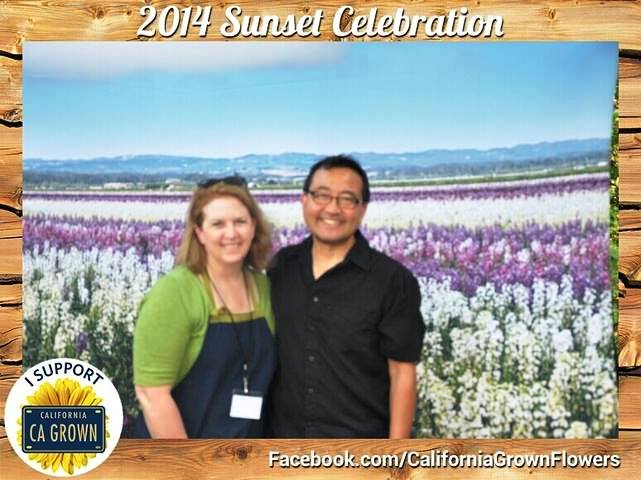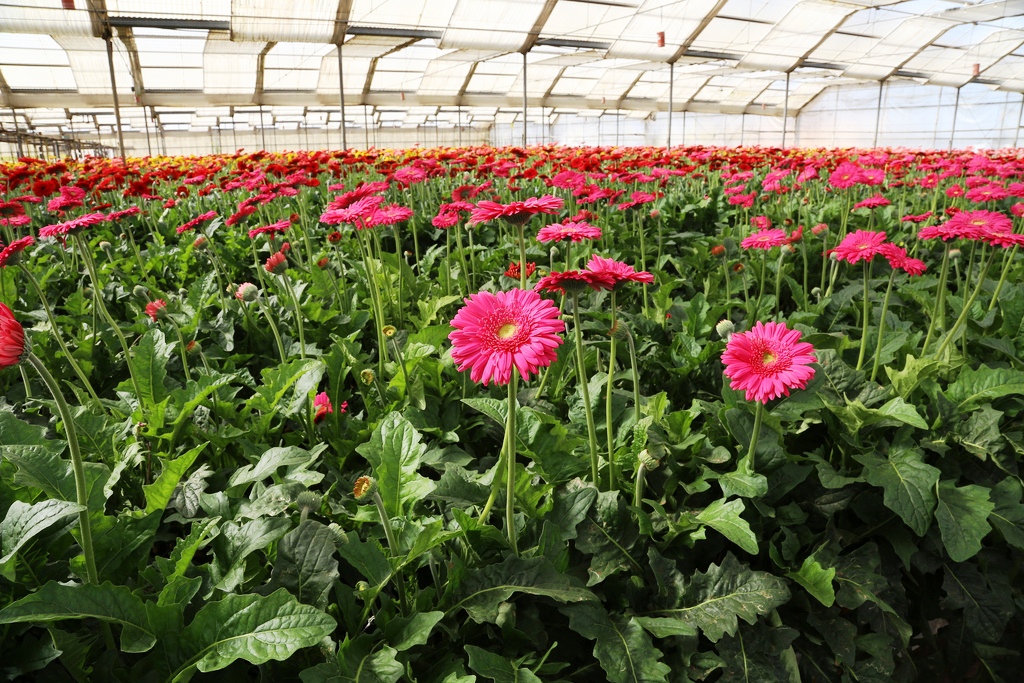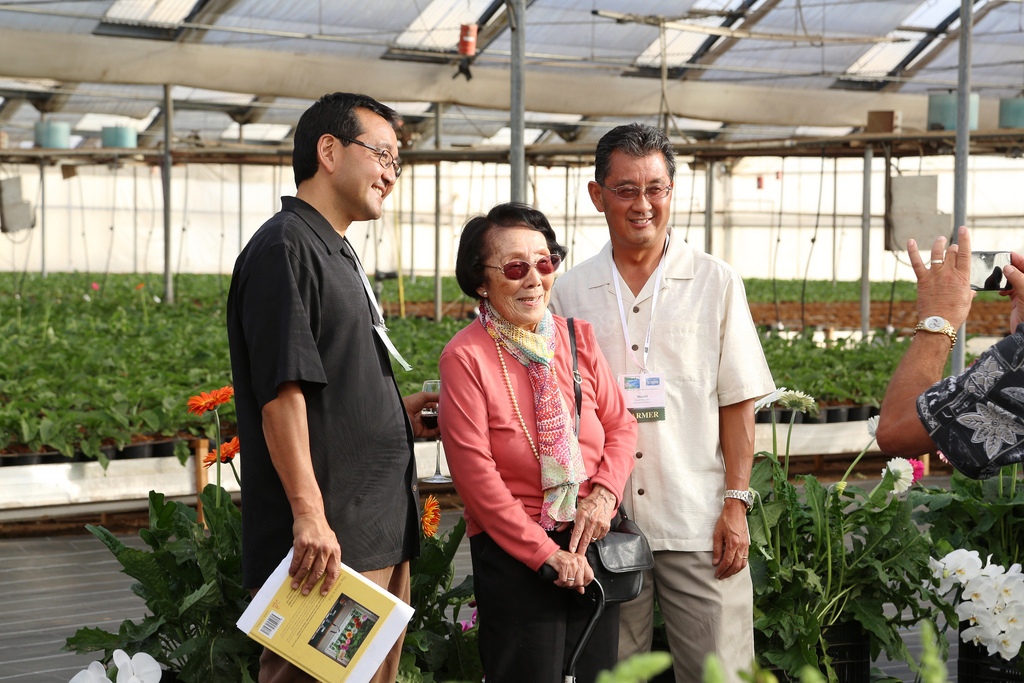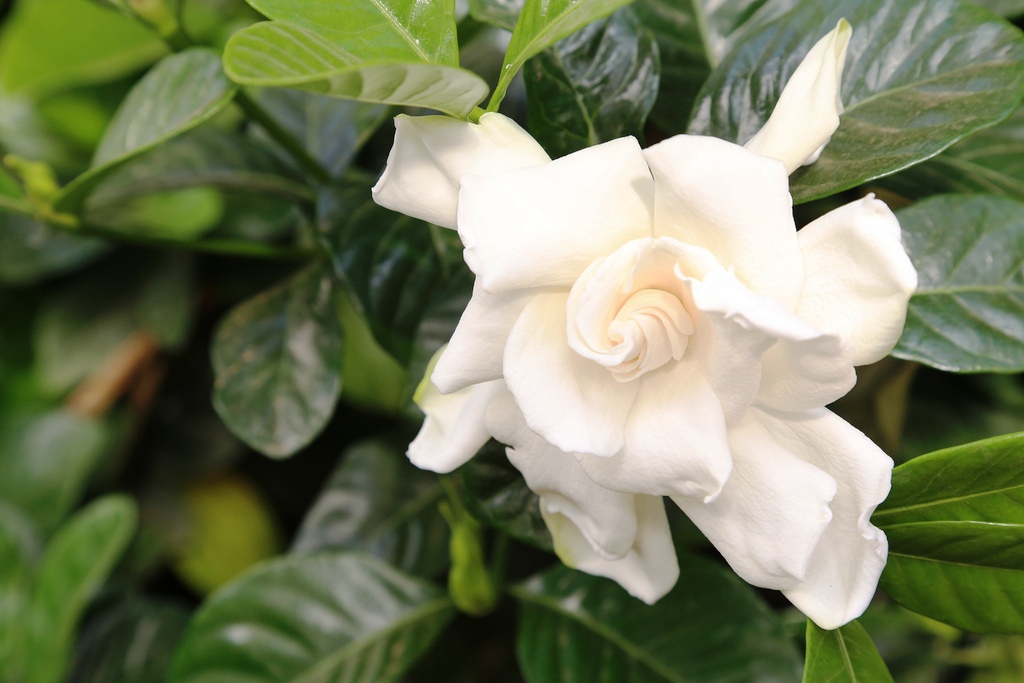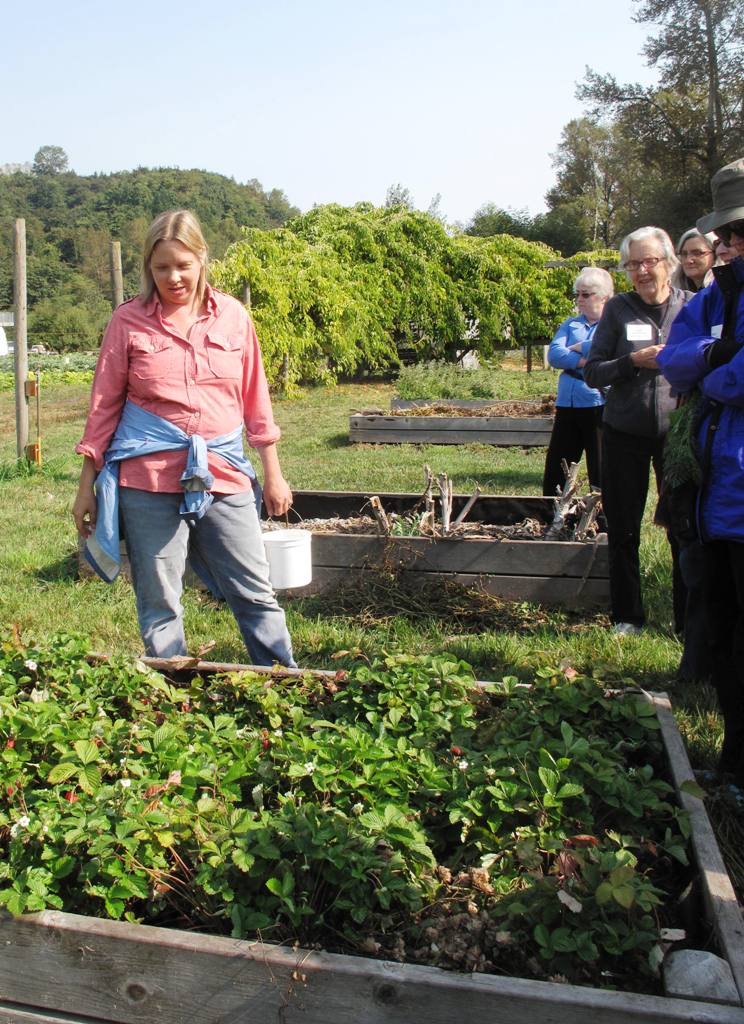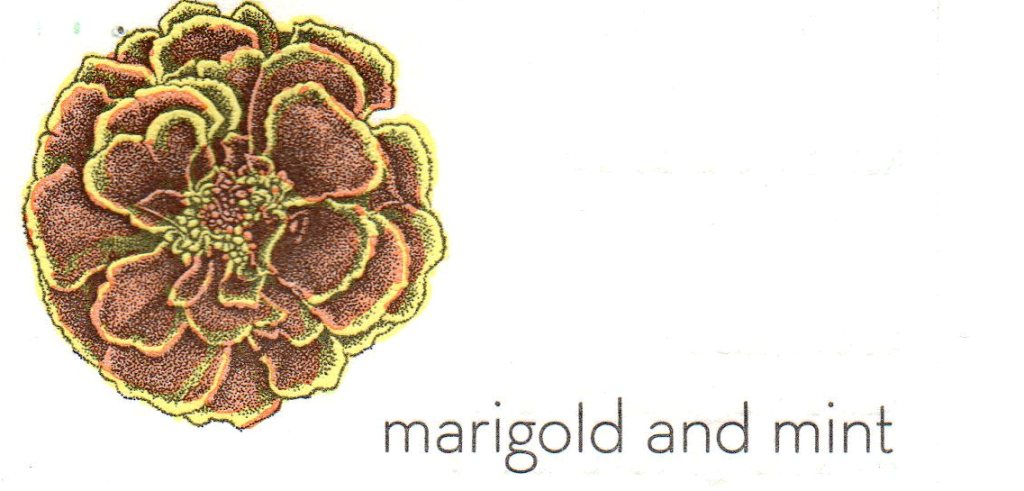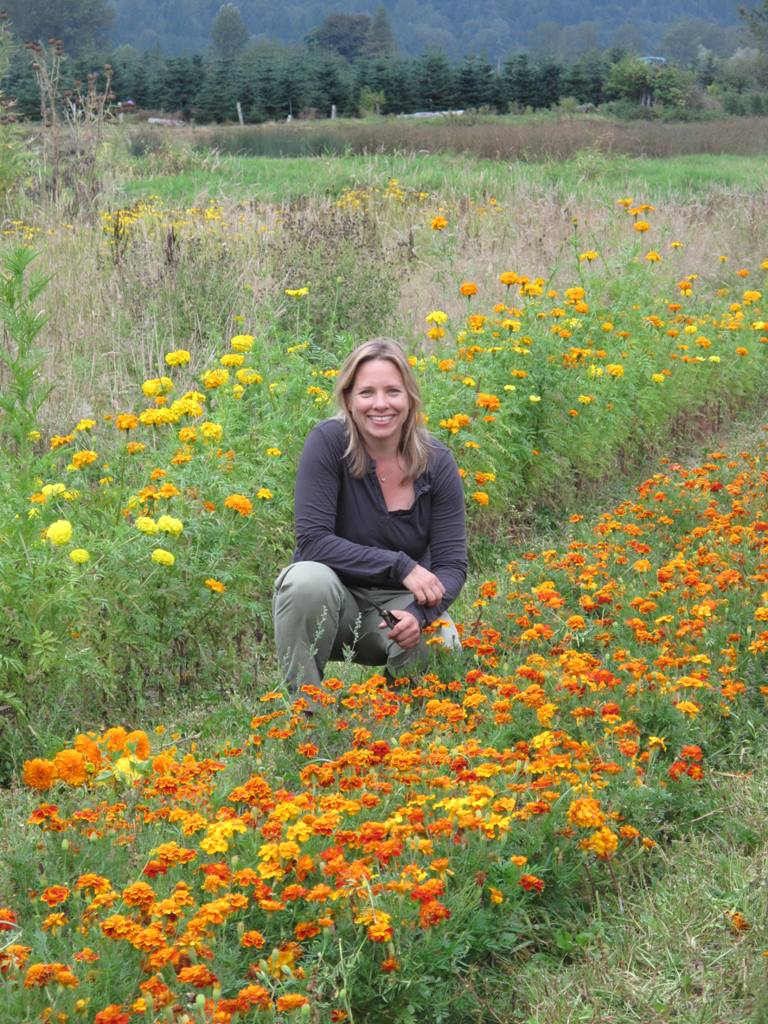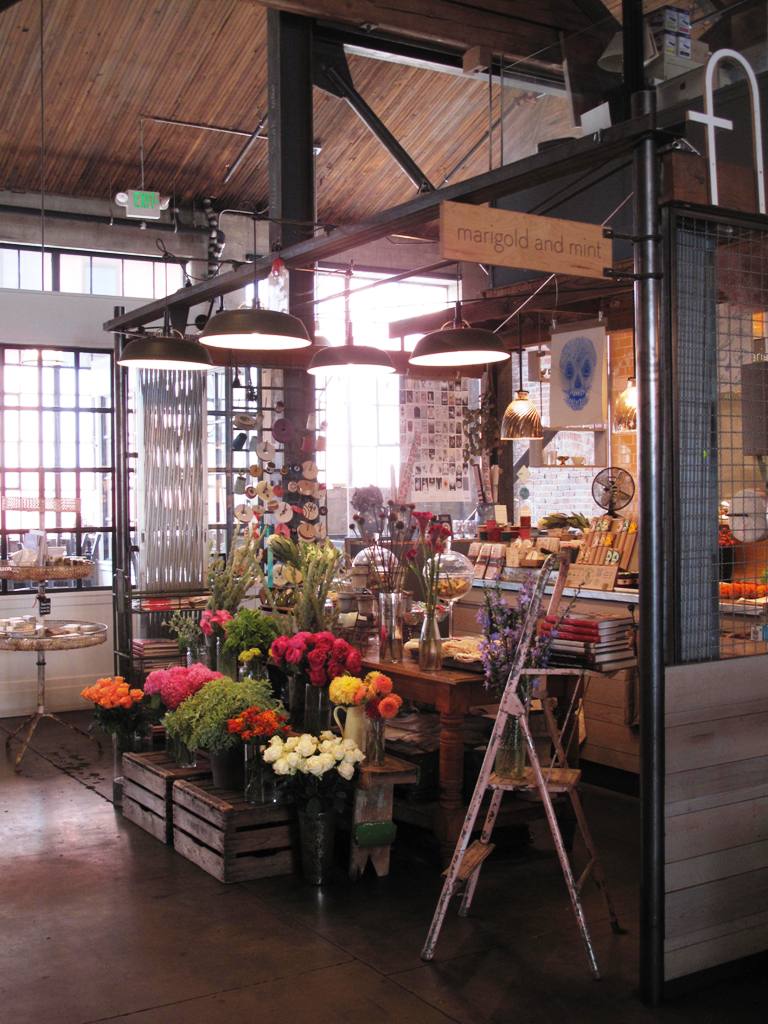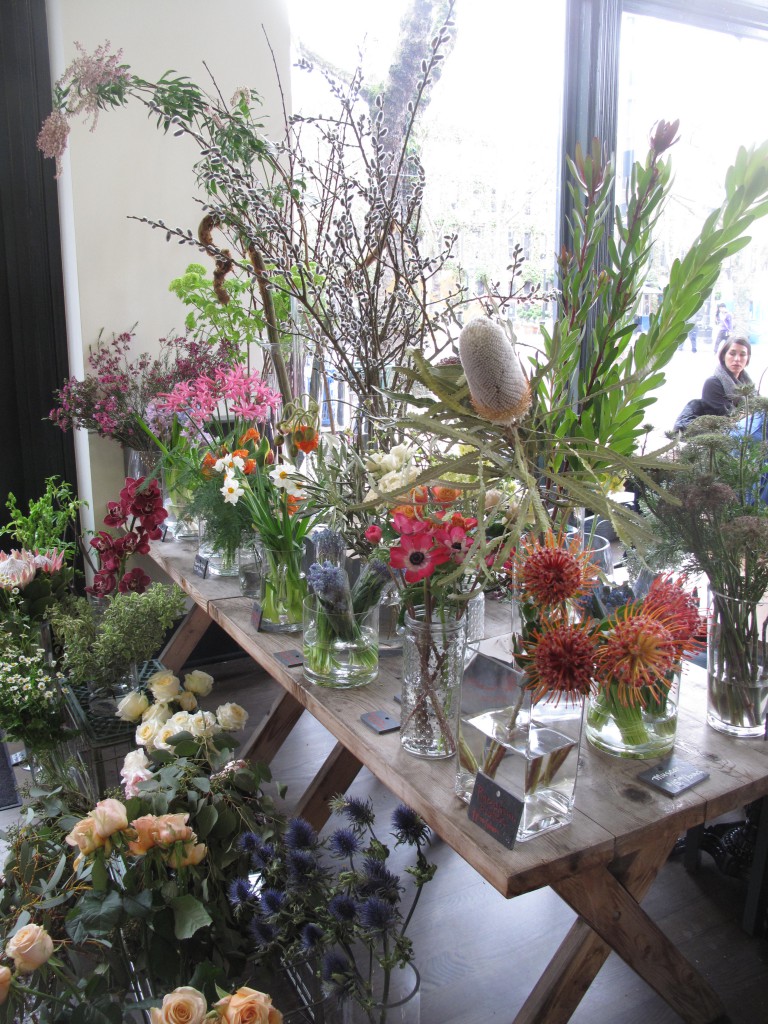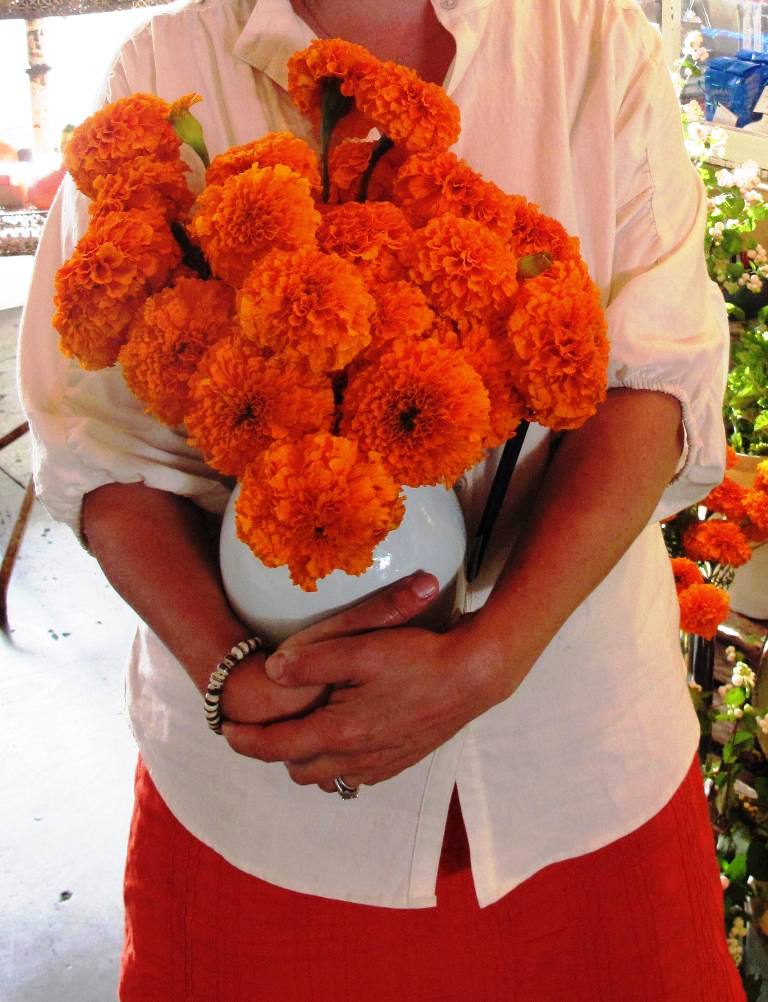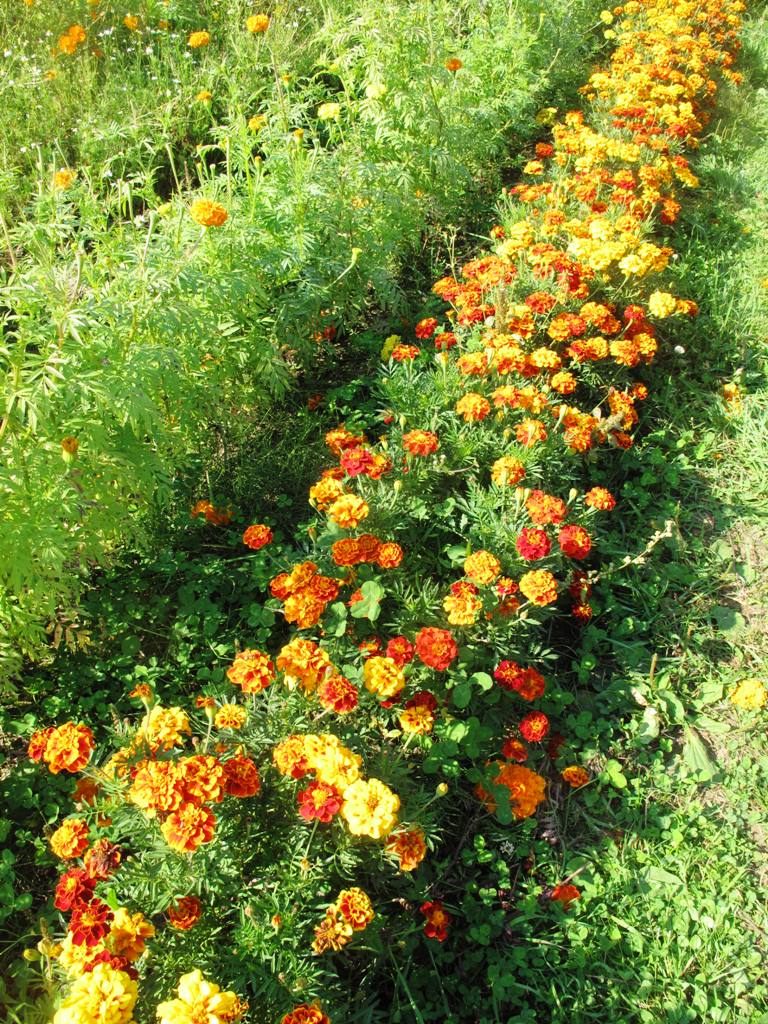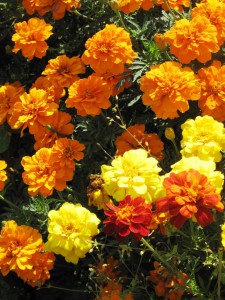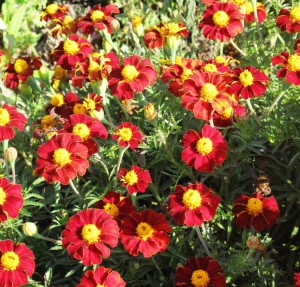Podcast: Play in new window | Download
Subscribe: Apple Podcasts | Podcast Index | RSS | More
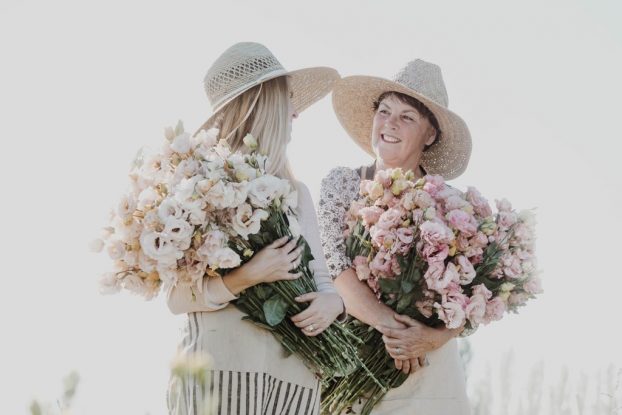
(c) Urbren + Shoot
My often-used hashtag #slowflowersontheroad was put to use last week when I traveled from Seattle across the state to Pullman, Washington, to collaborate with the wonderfully talented photographer Laurie Black on a story for Country Gardens magazine. It was basically a workation because the garden owners Suzanne St. Pierre and Scotty Thompson are friends I adore, owners until 2015 of a nursery called Living in the Garden.
Our mutual friend Maryann Newcomer of Gardens of the Wild Wild West (based in Boise), who will be writing the story, was along for the fun and not only did Suzanne and Scotty play the roles of generous hosts, they treated us to a terrific Palouse experience. More on that to come, but suffice it to say that the rolling hills of the Palouse Range are exquisitely beautiful in July and it fed my spirit and soul.
The return trip last Wednesday could have been a straight shot across the state, but I took a side excursion to the little town of Paterson, Washington, population 213. Paterson is due south of Pasco and the Tri-Cities region and it overlooks the Columbia River and Oregon in the distance. It is one of Washington’s hot wine country regions; thus, a very popular destination wedding hub for couples in the West.
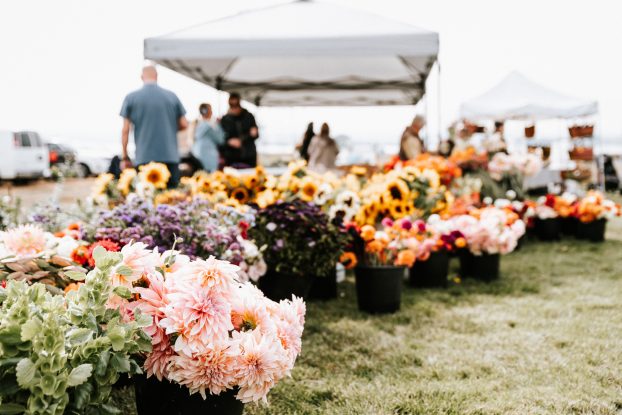
(c) Courtney Corriell Photography
And there in the center of it all lives Teresa Engbretson of My Garden Overfloweth. She and her daughter Katie Elliott, who lives about 30 minutes away in Pasco, are a farmer-florist team who have developed a vibrant and beautiful business centered around growing cut flowers in the same climate in which local grapevines thrive, and operating a full-service design studio that doubles as an event and workshop space, as well as a retail farm and flower shop.
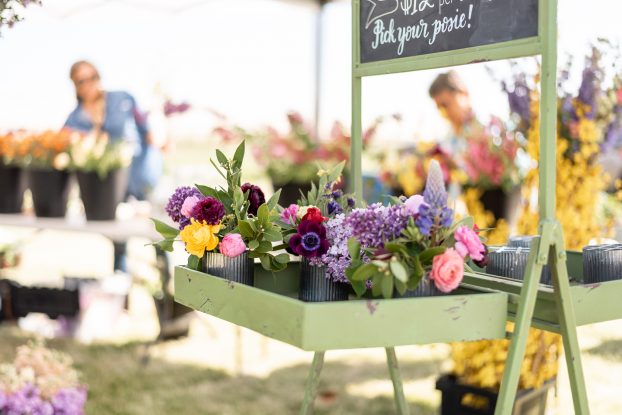
I first met Teresa and Katie in Corvallis, Oregon, at a PNW Cut Flower Growers Meet-up several years ago. Since then, I’ve found a few opportunities to refer friends and florists who need wedding flowers in wine country to Katie and Teresa — and every time I hear back rave reviews.
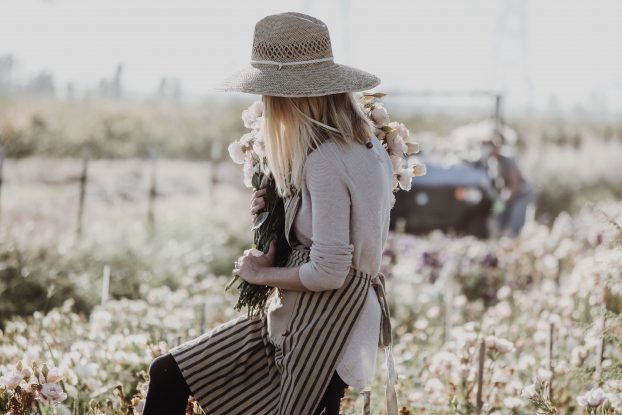
I highlighted My Garden Overfloweth in my 2019 Floral Insights and Industry Forecast, under the heading “Experiences, not Conveniences,” praising the women for throwing two seasonal “Flower Fling” festivals each year. Their events attracts a wide range of vendors creates a sense of community for their customers. The upcoming Fall Fling takes place on Sunday, October 6th.
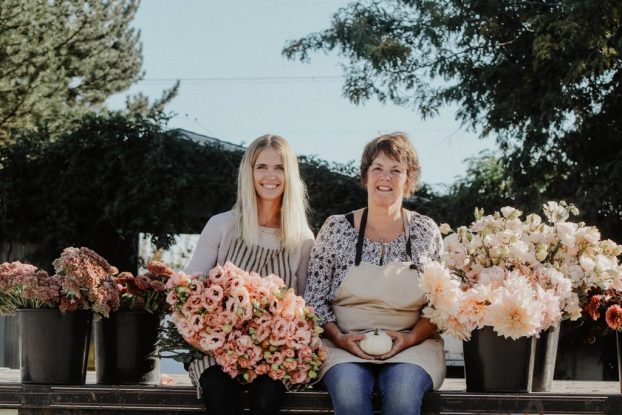
Here’s more about My Garden Overfloweth:
My Garden Over Floweth was established in 2012 by Teresa Engbretson. She likes to say that the farm has very happy flowers with the gorgeous view of the Columbia River. Teresa and Katie share a love for flowers and farming, growing and cultivating seasonal flowers, foliage and ornamental botanicals on more than 2-1/2 acres.
The Engbretsons also raise farm-fresh vegetables, fruit and grass-fed, grain-finished beef. The farm is located approximately 40 minutes from the Tri Cities and participates weekly at several farmers markets in the area.
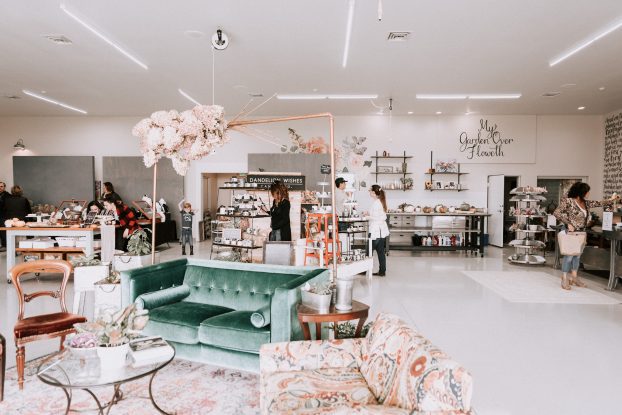
Courtney Corriell Photography
The new Farm Shop is a mercantile space where customers can purchase all things grown on the farm, including flowers, fresh produce, beef, and locally-made gifts. Services include wedding and event floral design, seasonal bouquets, holiday florals and workshops.
It was so fun to spend a few hours with Teresa and Katie and their family, including Katie’s grandmother Susan and daughter Hannah, making four generations of flower-lovers under one studio roof. We shared a meal, walked the fields overlooking the Columbia River, and grabbed a quiet moment to record this interview to share with you.
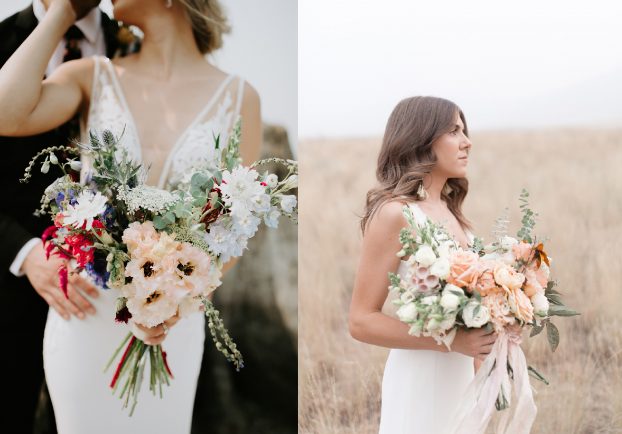
Alex Lasota Photography (left); Karen Merrifield (right)
Find and follow My Garden Overfloweth at these social places:
My Garden Overfloweth on Facebook
My Garden Overfloweth on Instagram
My Garden Overfloweth on Pinterest
Farm to Table Dinner at My Garden Overfloweth, Saturday, July 27th
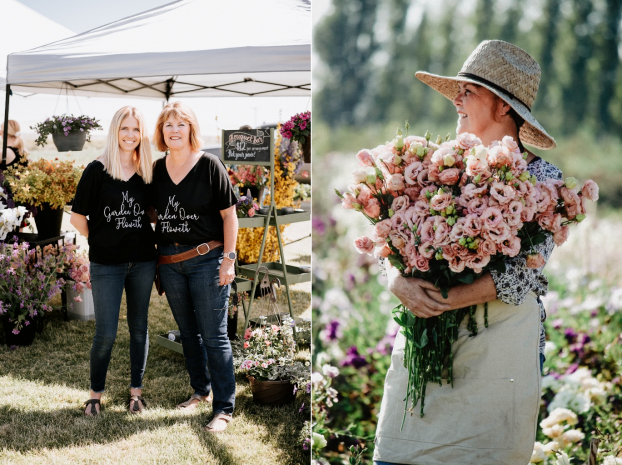
Courtney Corriell Photography (left) and Teresa displaying how her garden “overfloweth” with an abundance of lisianthus (c) Urbren + Shoot (right)
THANK YOU for joining today’s lovely conversation. It’s one thing to visit a floral enterprise virtually and another thing altogether to visit it in person. I’m so glad I made the side trip to tour My Garden Overfloweth and I can’t wait to return during one of the flings. I hope you can do the same or do the next best thing and borrow inspiration from Teresa and Katie to nurture community and connections through flowers in your own marketplace.

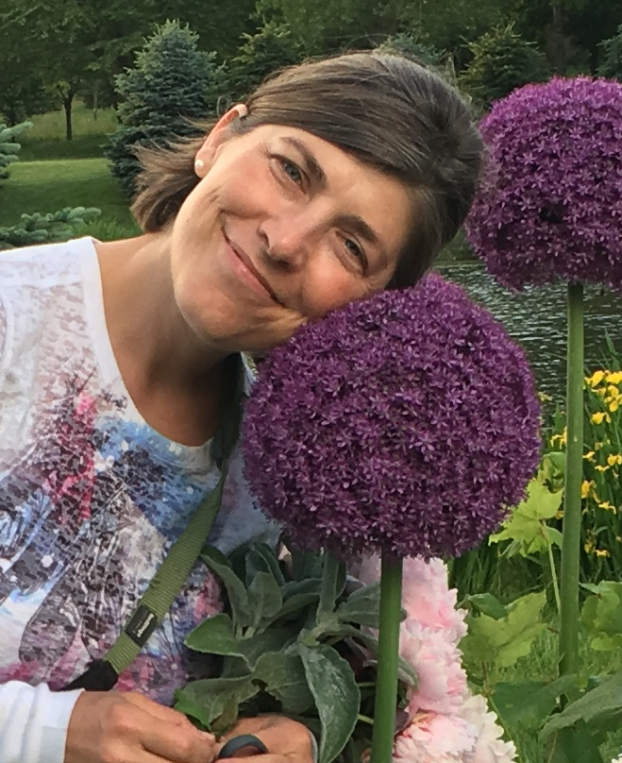
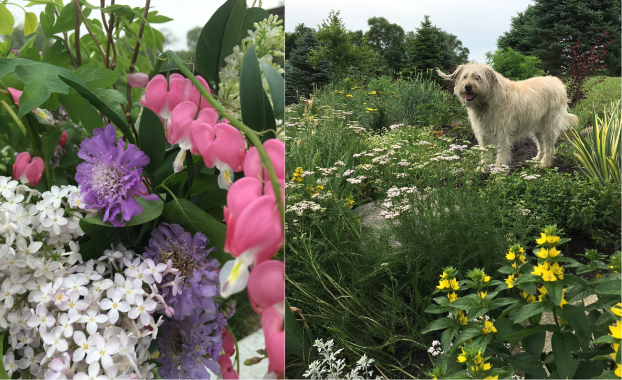
Now, let’s visit Nebraska as the next stop in our #fiftystatesofslowflowers series. I’m so delighted to introduce you to Sheila Fitzgerald, the founder of A New Leaf, based in Omaha. A New Leaf focuses on capturing the organic beauty of florals and nature through floral design
and workshop offerings.
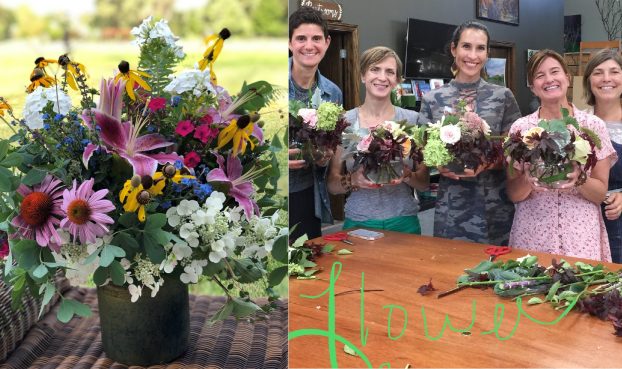
Sheila has 15 years of experience in floristry. From previously owning Blooms Flower Shop, she has turned her focus to workshops, events, and private orders under the brand A New Leaf. Sheila can often be found in the shade of Rainwood Vineyard with her trusty sidekick, Clover the dog, planning her next big design.
Follow Sheila and A New Leaf at these social places:

Thank you for taking the time to join the Slow Flowers Podcast today. Thank you to our entire community of flower farmers and floral designers who together define the Slow Flowers Movement. As our cause gains more supporters and more passionate participants who believe in the importance of the American cut flower industry, the momentum is contagious. I know you feel it, too. I value your support and invite you to show your thanks and with a donation to support my ongoing advocacy, education and outreach activities. You can find the donate button in the column to the right.
THANK YOU TO OUR SPONSORS:
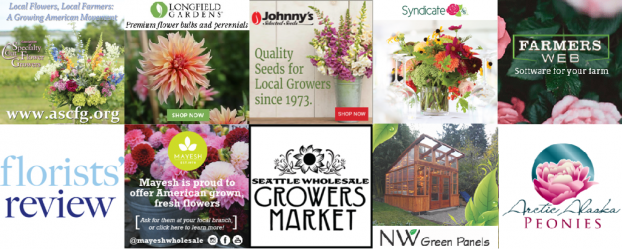
Florists’ Review magazine. I’m delighted to serve as Contributing Editor for Slow Flowers Journal, found in the pages of Florists’ Review. It’s the leading trade magazine in the floral industry and the only independent periodical for the retail, wholesale and supplier market. Take advantage of the special subscription offer for members of the Slow Flowers Community.
Mayesh Wholesale Florist. Family-owned since 1978, Mayesh is the premier wedding and event supplier in the U.S. and we’re thrilled to partner with Mayesh to promote local and domestic flowers, which they source from farms large and small around the U.S. Learn more at mayesh.com.
NW Green Panels, based in Madras, Oregon, NW Green Panels designs and constructs a wide array of wood-framed greenhouses offering versatility, style and durability. Their greenhouses are 100% Oregon-made using twin-wall polycarbonate manufactured in Wisconsin, making NW Green Panel structures a great value for your backyard. The 8×8 foot Modern Slant greenhouse has become the essential hub of my cutting garden — check out photos of my greenhouse in today’s show notes or visit nwgreenpanels.com to see more.
Seattle Wholesale Growers Market, a farmer-owned cooperative committed to providing the very best the Pacific Northwest has to offer in cut flowers, foliage and plants. The Growers Market’s mission is to foster a vibrant marketplace that sustains local flower farms and provides top-quality products and service to the local floral industry. Visit them at seattlewholesalegrowersmarket.com.

The Slow Flowers Podcast has been downloaded more than 495,000 times by listeners like you. Thank you for listening, commenting and sharing – it means so much.
I’m Debra Prinzing, host and producer of the Slow Flowers Podcast. Next week, you’re invited to join me in putting more American grown flowers on the table, one vase at a time. And If you like what you hear, please consider logging onto iTunes and posting a listener review.
The content and opinions expressed here are either mine alone or those of my guests alone, independent of any podcast sponsor or other person, company or organization.
The Slow Flowers Podcast is engineered and edited by Andrew Brenlan. Learn more about his work at soundbodymovement.com.
Music Credits:
Homegrown; Betty Dear; Gaena
by Blue Dot Sessions
http://www.sessions.bluehttps://creativecommons.org/licenses/by-nc/4.0/
Lovely by Tryad
http://tryad.bandcamp.com/album/instrumentals
http://creativecommons.org/licenses/by-sa/3.0/
In The Field
Music from:
audionautix.com









